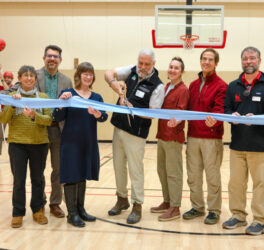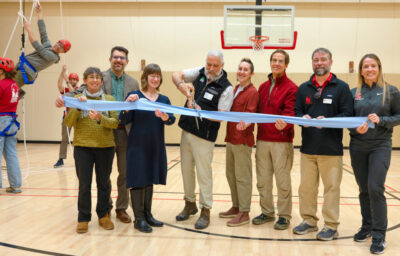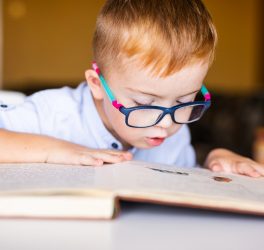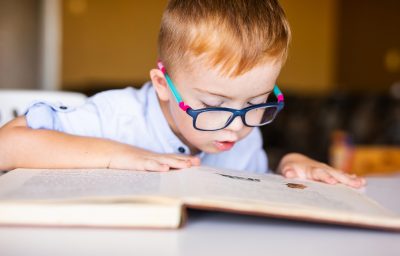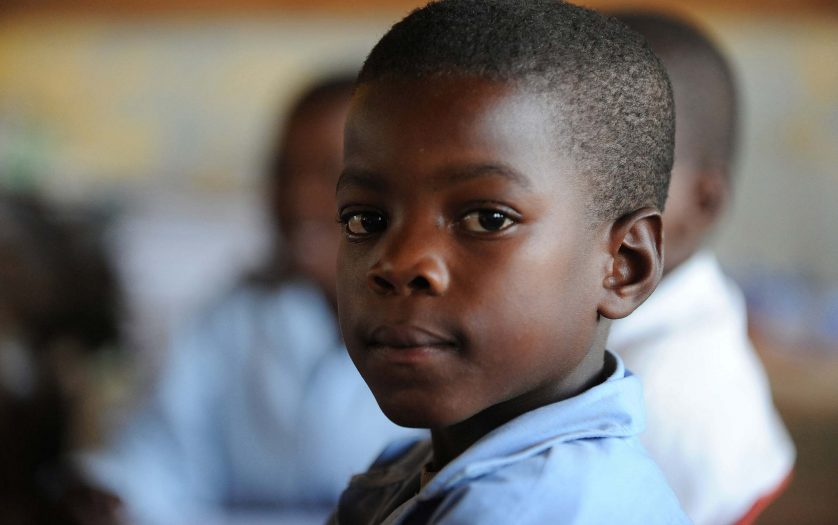
The United Nations World Food Programme (WFP), together with the Chinese Embassy in Guinea-Bissau and the Ministry of National Education have carried out the first distribution of take-home rations of rice to children with disabilities, marking an important step in the fight against malnutrition and school exclusion of children with disabilities in Guinea-Bissau.
This initiative comes under WFP’s school feeding programme and benefits from the direct support of the Chinese Embassy in Guinea-Bissau. Overall, 1.1 tons of rice was purchased and distributed in May to 364 children from three special education schools in the country (White Bengal in Safim, Deaf-Blind School in Prábis, Mariposa School in Bissau)
“In this project, the Chinese Embassy in Guinea-Bissau provides financial support to the Office of the First Lady, with WFP as the implementing body to provide free nutritious meals to children in inclusive education schools in Guinea-Bissau,” said Guo Ce, China’s Ambassador to Guinea-Bissau.
“We sincerely hope to ensure that this project can guarantee food supply to children and smooth running of teaching activities in order to contribute to the advancement of special education in Guinea-Bissau,” the diplomat added.
Since 2020, WFP and China have been building an increasingly strong partnership around school feeding, first by distributing rice to schoolchildren and now with this pilot project aimed at ensuring greater participation of children in schools.
“We have seen the indicators of students with disabilities dropping out of school, not staying in school, manifesting themselves in many ways. I think this initiative will accelerate the process of keeping our children in schools”, said Malam Jafono, Director General of Inclusive Education, representing the Ministry of National Education.
People with disabilities are among the most vulnerable populations in Guinea-Bissau, particularly children. About 16 percent of children between the ages of 5 and 17 live with some form of disability.
To address this situation, WFP has been supporting, since 2020, the international Non-Governmental Organization, Humanité & Inclusion (HI) in the implementation of the “Education Without Borders” project to improve access to education and nutrition for children with disabilities in 23 schools in the regions of Oio and Cacheu. Moreover, in 2021, WFP and HI supported the Ministry of Education in the creation of the General Directorate of Inclusive Education.
“I believe that today, together with the Ministry of National Education and the Chinese Embassy in Guinea-Bissau, we are taking an important step towards improving access to education and nutrition for children with disabilities in Guinea-Bissau” said João Manja, WFP Country Director and Representative in Guinea Bissau.



